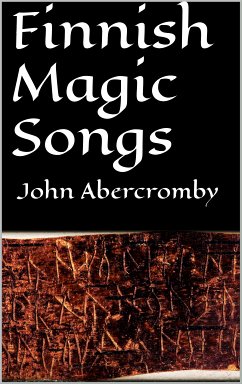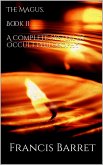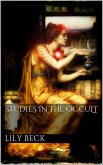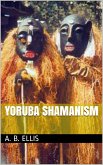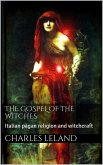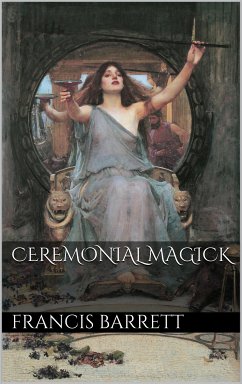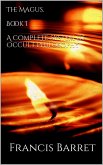The Finns possess a considerable number of words and epithets for wizard, sorcerer, witch, seer, ecstatic and the like. Some of these are native words like noita 'a sorcerer,' tieto-mies or tietäjä 'the knower,' loitsija 'the reciter of a magic song (loitsu), arpoja 'a diviner,' näkijä 'a seer,' myrrys-mies or into-mies 'an ecstatic,' lumoja 'a stupefier,' lukija 'a reciter,' katselija 'an observer,' laulu-mies 'a song-man,' ampuja 'an archer,' kukkaro-mies a bag-man.' Others are of foreign origin like mahti-mies or mahtaja < Goth. mahts or Sw. magt 'might,' taikuri 'he that uses taika '< Goth. taikns 'a token, a wonder,' velho 'a witch,' is probably an early Slav loan, while a latter one is poppa-mies 'priest-man' from the Rus. pop. Though between these appellations no hard and fast line can be drawn, dividing them into good and bad categories, yet on the whole, injurious or black magic would generally be the work of the noita, the ampuja, the velho, and the kukkaro-mies. Beneficial or white magic, like the great bulk of the Magic Songs, was used for ejecting evil spirits of disease, etc., and would be practised by a loitsija, a tietäjä, a lukija, or a laulu-mies; in some instances by a lumoja, näkijä or an arpoja. Yet we have an example of an exorcist terming himself a noita and a Lapp (12 b). As a rule there is nothing in a Magic Song to show what sort of wizard the reciter of it might be; so as his function is to drive away disease, I shall term him the exorcist.
Dieser Download kann aus rechtlichen Gründen nur mit Rechnungsadresse in A, B, BG, CY, CZ, D, DK, EW, E, FIN, F, GR, H, IRL, I, LT, L, LR, M, NL, PL, P, R, S, SLO, SK ausgeliefert werden.

